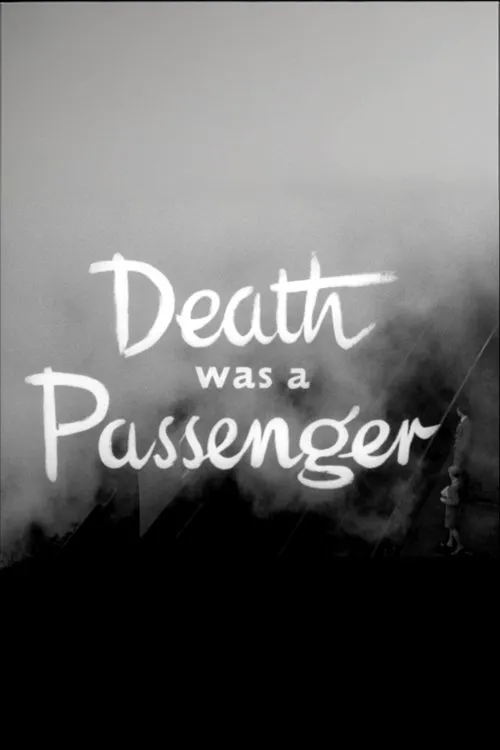Death Was a Passenger

あらすじ
Death Was a Passenger is a 1979 American television movie directed by Daniel Petrie. The film stars Lois Nettleton, Ray Bolger, and Elizabeth Ashley. The story takes place on an overnight train from Chicago to New York City, where a diverse group of strangers finds themselves sharing a compartment on their way to their respective destinations. The main character, Louise Morgan, played by Lois Nettleton, is an older woman who has been traveling on this train for several years. Louise has a rather somber demeanor, which is a result of her past experiences during World War II. It's not explicitly mentioned, but her memories of the war weigh heavily on her, and she has become somewhat disconnected from the present. Louise's companions for the night are a mix of characters, each with their own distinct personalities. One of the strangers, a kind elderly woman named Agnes, shares stories about her late husband, who had been a soldier during the war. These conversations spark a chain of memories in Louise, causing her to revisit her past. Her mind starts to wander as she reflects on the tragic events of the war, the loss of her fiancé, and the emotional impact it had on her. As the night unfolds, the compartment becomes a catalyst for the passengers to open up about their personal stories, and Louise is no exception. With the train's rhythmic motion, the strangers begin to share their experiences, and Louise starts to connect with them on a deeper level. Agnes's tales of her husband's time in the war, however, serve as a trigger that awakens Louise's long-forgotten memories of her fiancé, Jack, and their relationship before he was called to serve. Through her encounters with the strangers, Louise is forced to confront the pain and grief she had tried to bury. The conversations and shared experiences allow her to break free from the emotional numbness that had been holding her back for so long. The story is a poignant exploration of how people connect and form relationships in unexpected circumstances, highlighting the significance of human interaction in the healing process. As the night wears on, Louise begins to open up about her past and her feelings, which creates a sense of camaraderie among the group. The other strangers, who initially seemed like ordinary people, are now viewed as kindred spirits who understand the complexities of the human experience. The film ultimately serves as a tribute to the power of human connection and the therapeutic value of sharing stories and experiences with others. Through the night on the train, Louise finds a sense of healing and closure, allowing her to face her past with a newfound sense of dignity and hope. The movie's subtle yet powerful portrayal of its characters creates a sense of intimacy and authenticity, making it an unforgettable viewing experience. Death Was a Passenger is a poignant reminder that even in the most mundane situations, the chance encounters between strangers can hold the key to transforming lives and healing old wounds. The film's thoughtful exploration of complex themes, coupled with its thought-provoking narrative, makes it a must-watch for anyone who appreciates character-driven stories that touch the heart.
レビュー
おすすめ



